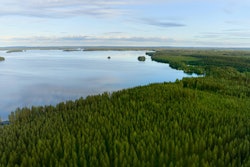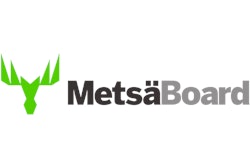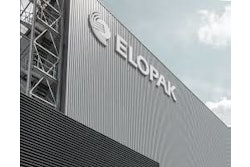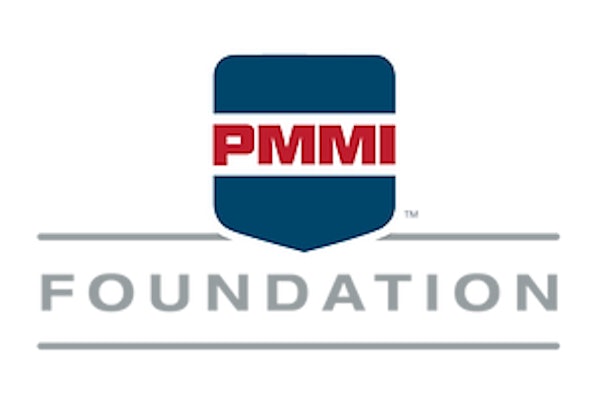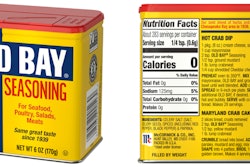
This content was written and submitted by the supplier. It has only been modified to comply with this publication’s space and style.
Global packaging supplier Elopak has launched a paperboard for fresh liquids in chilled distribution chains. Compared to cartons made with standard board, the Natural White Board reduces the packaging’s carbon footprint by up to 14%. It was designed in collaboration with Elopak’s long-term partner Stora Enso, with the ambition to make this development available across the company’s range of Pure-Pak cartons in all markets.
The paperboard offers all the functionality and quality protection of Elopak’s standard white board but with a reduction in carbon emissions. The board is finished with a specialized process, creating a naturally smooth outer surface and providing the same performance as with the traditional clay coating used in standard beverage cartons. This process enables reduction of the plastic coating (i.e., polyethylene), improving the carton’s carbon footprint.
“Drawing upon decades of innovation, the Pure-Pak carton remains iconic in fiber-based packaging," says Uwe Schulze, Executive Vice President Product and Development at Elopak. "With the introduction of the Natural White Board, customers can further improve their carbon footprint significantly.”
“This latest innovation empowers our customers to choose a more sustainable packaging solution while still benefitting from traditional white paperboard that offers greater design flexibility and stands out on the supermarket shelves,” Schulze says.
The development of the white paperboard followed similar principles to Elopak’s Natural Brown Board, which was first introduced in 2017. Both paperboards have no clay coating, minimizing their carbon footprint. Natural Brown Board is made with wholly unbleached paper fibers, which require less energy and chemicals to produce.
The white paperboard uses bleached fibers in only the top layer of the carton, delivering a clean white finish while also using less polyethylene than standard paperboard.
“Ever since the Natural Brown Board proved such a hit, we continued our product development to expand opportunities for brand owners who prefer a white finish on their cartons," says d Michael Olsson, Technical Account Manager, Stora Enso. "Overall, we are proud of this innovation and are pleased to work with our long-term partner Elopak to give companies and consumers more options for sustainable packaging.”
Norwegian organic dairy Rørosmeieriet was the first company to trial cartons made with the paperboard for its line of organic milk. The company, which had previously been the first Elopak customer to adopt Natural Brown Board, was able to integrate cartons with the white board into its existing Elopak filling machines.
“As an organic dairy, we take sustainability very seriously. We are surrounded everyday by the beauty of nature and want all aspects of our business to be geared towards protecting and preserving that natural beauty. We have used Elopak cartons for more than 40 years now and are delighted that this latest innovation will allow us to pass on even greater sustainability benefits to our customers, like Änglamark,” says Trond Vilhelm Lund, CEO Rørosmeieriet.
“Coop Norway is proud to be first to market the new, sustainable cartons. As organic products and sustainability remain top priorities for our company, this development is ideal for our Änglamark brand,” says Roy Olderskog, category manager Coop Norway.

